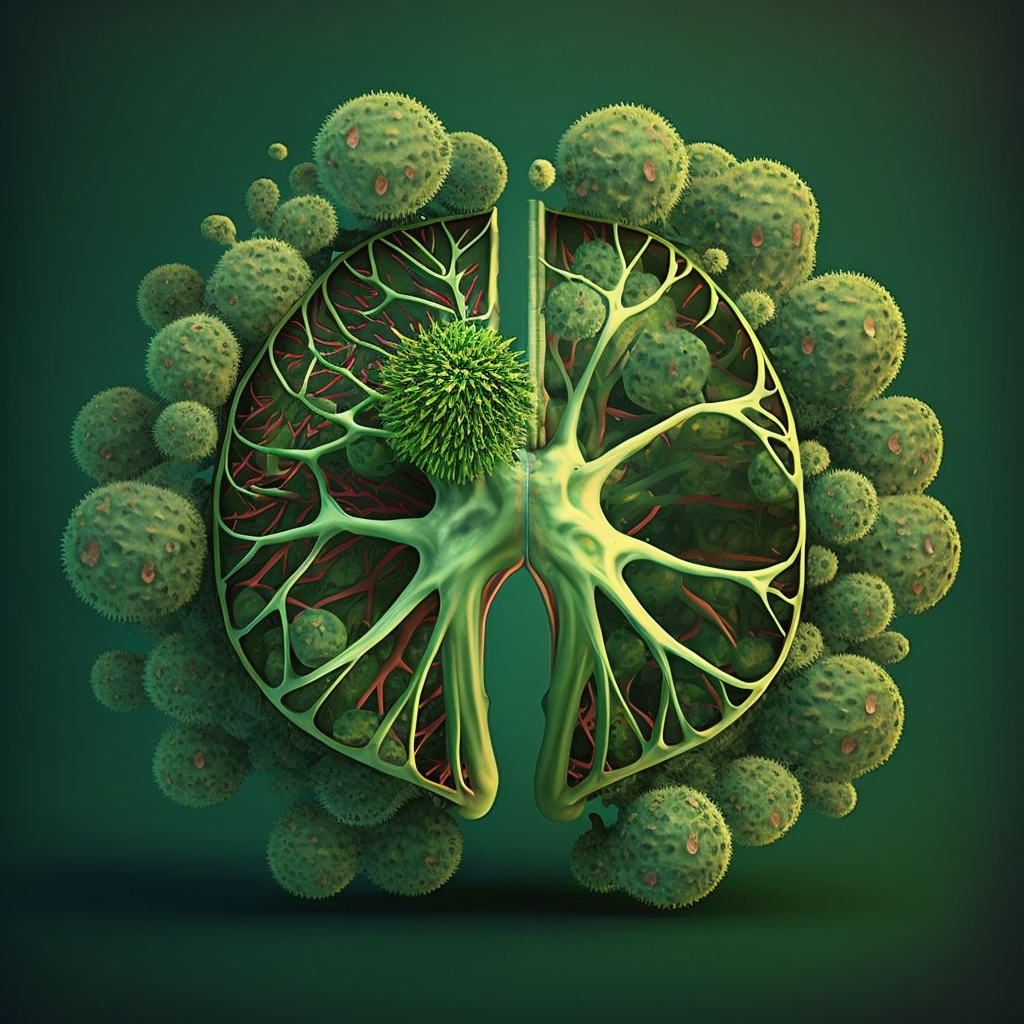Blog
Medical Marijuana and Its Potential in Treating Cancer

Medical marijuana has become increasingly popular for its potential benefits in treating a variety of medical conditions, including cancer. In this article, we’ll explore the current research on medical marijuana and its potential in treating cancer.
What is Medical Marijuana?
Medical marijuana refers to the use of the marijuana plant, or its extracts, to treat medical conditions. It contains over 100 cannabinoids, the most well-known of which are THC (tetrahydrocannabinol) and CBD (cannabidiol). These cannabinoids have been shown to have a variety of therapeutic effects, including pain relief, anti-inflammatory properties, and anti-tumor effects.
Current Research on Medical Marijuana and Cancer
Research on medical marijuana and cancer is still in its early stages, but there is promising evidence that it may have a role to play in cancer treatment. Here are a few key findings from recent studies:
- Medical marijuana may help alleviate cancer-related symptoms, including pain, nausea, and vomiting.
- Some studies suggest that cannabinoids may have anti-tumor effects, slowing the growth and spread of certain types of cancer cells.
- Medical marijuana may also help improve the effectiveness of traditional cancer treatments, such as chemotherapy and radiation therapy.
Potential Benefits of Medical Marijuana in Cancer Treatment
While more research is needed to fully understand the potential benefits of medical marijuana in cancer treatment, here are a few ways in which it may be helpful:
- Pain relief: Cancer and its treatments can cause significant pain, and medical marijuana has been shown to be effective in relieving pain in cancer patients.
- Nausea and vomiting: Medical marijuana can help alleviate nausea and vomiting associated with cancer treatment, making it easier for patients to tolerate chemotherapy and other treatments.
- Anti-tumor effects: Some cannabinoids have been shown to have anti-tumor effects, potentially slowing the growth and spread of certain types of cancer cells.
- Improved quality of life: Medical marijuana may help improve patients’ overall quality of life by reducing pain and other symptoms associated with cancer and its treatment.
Considerations for Medical Marijuana Use in Cancer Patients
While medical marijuana may have potential benefits in cancer treatment, it’s important for patients to discuss its use with their healthcare providers. Here are a few things to consider:
- Medical marijuana may interact with other medications, including cancer treatments, so it’s important to discuss its use with your doctor to ensure it is safe and appropriate for you.
- Medical marijuana may cause side effects, including dizziness, dry mouth, and impaired coordination, so it’s important to start with a low dose and monitor how it affects you.
- Medical marijuana is not legal in all states, so it’s important to research the laws in your state and consult with a healthcare provider who is knowledgeable about medical marijuana use.
In Conclusion
Medical marijuana shows promise as a potential treatment option for cancer, but more research is needed to fully understand its benefits and risks. If you or a loved one is considering medical marijuana as part of cancer treatment, be sure to discuss it with your healthcare provider to determine if it is safe and appropriate for your individual needs.

